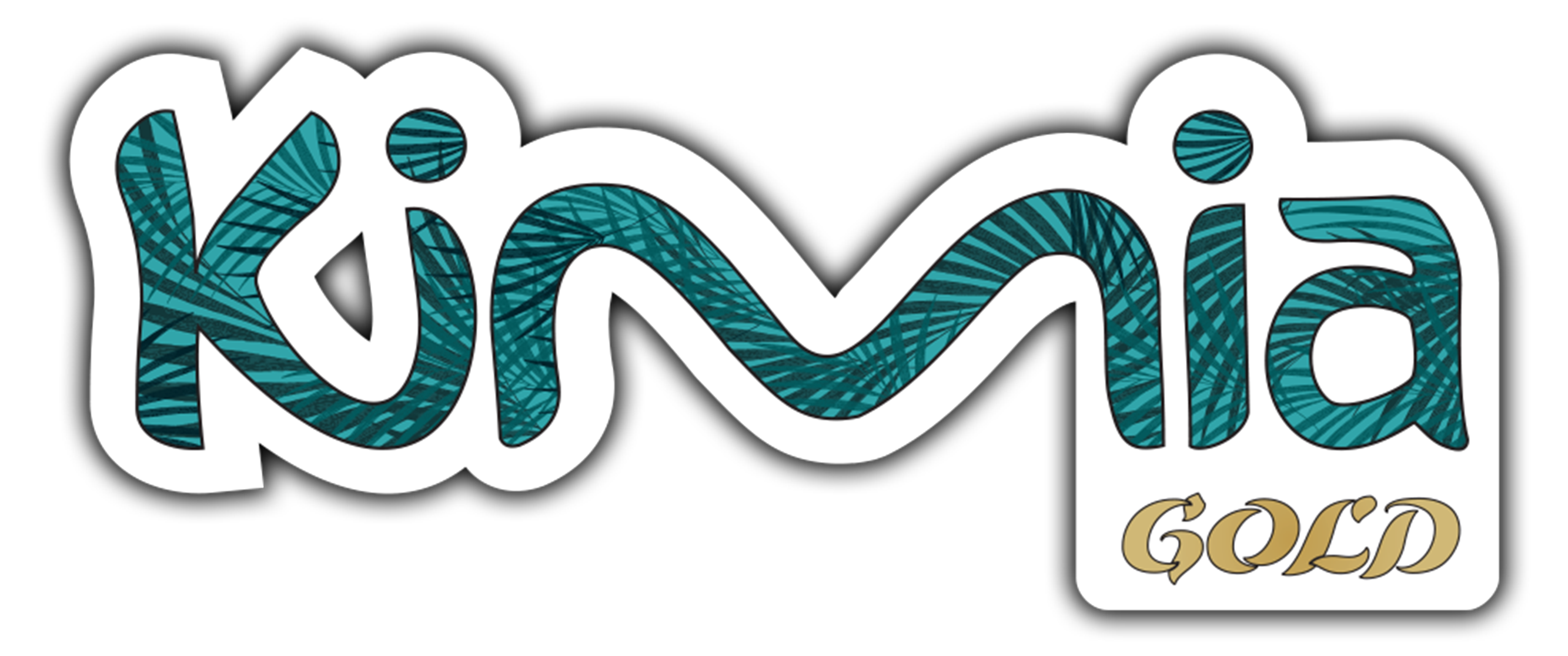Although the food of old age is the same as that of youth, but due to reduced physical activity, decreased muscle mass and increased fat mass, the body needs fewer calories than in the past, and if it receives excess energy needs, problems and complications such as obesity, high blood pressure and etc. rises for the elderly which can be controlled by proper nutrition.
Today, with the development of nutrition science, scientists believe that healthy nutrition guarantees the health of the body. This belief has been applied to the prevention and even control of most diseases. The relationship of some food toxins with the incidence of various types of cancer, the development of various gastrointestinal disorders due to malnutrition, the relationship of cardiovascular disease with special diets and other cases, confirms the close relationship between diet and physical and mental health in society. Research shows that eating habits such as limiting the amount of calories consumed and consuming antioxidants may lead to an increase in longevity with the health of the elderly.
How can we have a proper diet?
Dear seniors!
For this purpose, we need to know what kind of food our body needs and then we need to know what food and how much to eat to maintain our health. In general, nutritional needs are divided into six main categories: carbohydrates; Fat; Protein; Minerals, vitamins; Water.
These foods are classified according to the function they perform in the body as follows:
Energy supply: carbohydrates, lipids, proteins;
Tissue growth and repair: lipids, proteins, minerals and water;
Regulation of body processes: lipids, proteins, minerals and vitamins.
Energy needed by the elderly
The amount of energy needed for each elderly person is different and is calculated based on his weight, height, physical condition and health. In general, the need for energy decreases with age. If you receive excess energy needs, problems and complications such as obesity, high blood pressure, and cardiovascular disease will occur for the elderly.
The amount of calcium needed by the elderly
Nutritionists believe that people over the age of 65 need to receive 800-1200 mg of calcium per day, and since the calcium they need is difficult to absorb due to gastrointestinal disorders, it is necessary to consult with your doctor. Use relevant supplements. Because calcium interferes with dietary iron, calcium supplements should be taken between meals. Some sources of calcium include dates, cheese, yogurt, low-fat milk, canned sardines with bones, milk, green leafy vegetables, and…
Vitamins needed by the elderly
Vitamins, although present in all cells of the body, make up a small percentage of weight. The prevalence of vitamin deficiencies in the elderly age group varies widely, but is more commonly reported in the elderly who are economically disadvantaged.
Date; Rich source of materials needed by the elderly
According to the different amounts of nutrients needed for an aged body, it is possible to introduce a substance that has all the essentials and necessities mentioned above and is provided in all respects and is rich in nutrients, vitamins and minerals needed by the aged body. Therefore, it is necessary for the elderly, especially people with certain diseases such as diabetes, after consulting their doctor, to always have the necessary amount of dates to prevent diseases and reduced power and lost energy, to be able to spend many years in health and wellness and vitality and well-being and empowerment of the body.
Therefore, it is recommended that this nutrient (first-class and high quality dates) be included in the diet of the elderly.
Nutrition guidelines for the elderly
- Reduce salt intake to prevent water retention and blood pressure;
- Control and monitor the consumption of fats, especially harmful fats in order to maintain normal blood cholesterol levels;
- Consume more calcium and vitamin D for bone health;
- Eat fiber-rich foods to prevent constipation and some cancers
- Correct and accurate use of recommended minerals and vitamins;
- Use 8 glasses or more of water during the day;
- Reduce sugar consumption and use less high-calorie foods such as sweets, sugar, and candy and cream cakes.
- Use nutritious foods that are also enjoyable and easy to chew;
- Develop a schedule for eating;
- Regular participation in physical activities along with nutrition, light exercise such as walking, is one of the effective factors in maintaining health and vitality, especially in the elderly;
- (In this regard, you can consult your doctor to explain how to be more active) Try to eat less food that may be better tolerated.
The ideal diet pattern
A varied, low-fat, low-sodium diet rich in dietary fiber and calcium
Delicious, fragrant and appetizing
Easy to prepare
Ability to chew, swallow and digest food
Pleasant in terms of the elderly and in accordance with its taste
Maintain a calorie balance between food intake and consumption
In general, good nutrition in the elderly is associated with:
Prevention of malnutrition
Support the physical function of the body
Reduce the risk of chronic diseases
Mental health support
Prevention of disability
| import kimia dates | kimia dates supplier | kimia dates price |

